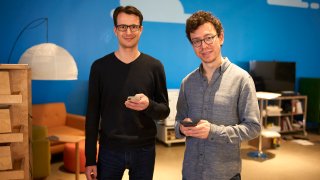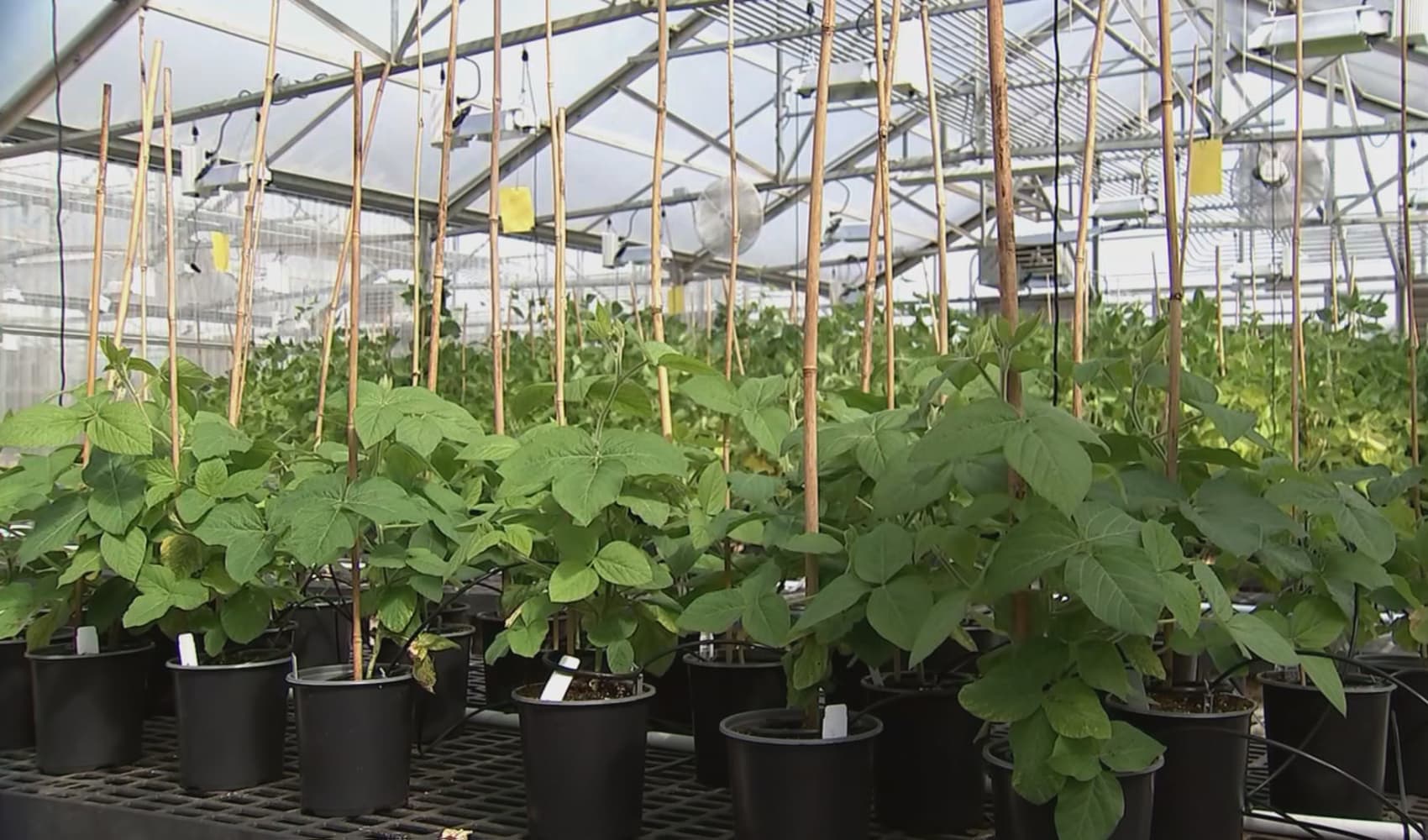
By the time Duolingo founder Luis von Ahn turned 24, he was already a millionaire several times over. Now 43, he may not be a household name — but you're probably one of the hundreds of millions of people who use his technology every day.
That's true whether you use Duolingo, the popular language-learning website and app that launched in 2011, or not. Von Ahn is also partially responsible for CAPTCHA: He worked on the Carnegie Mellon University research team that coined the phrase in 2003, and helped develop the technology behind "these distorted characters that you have to type all over the internet, whenever you're buying tickets on Ticketmaster or whatever," he tells CNBC Make It.
CAPTCHA existed to solve a major problem — spammers were writing code to steal millions of email addresses and flood those inboxes with junk mail. Today, von Ahn tells CNBC Make It that roughly 200 million people fill out a CAPTCHA daily.
Get New England news, weather forecasts and entertainment stories to your inbox. Sign up for NECN newsletters.
Around the same time, von Ahn was dabbling in entrepreneurship. In 2003, he created a simple game pairing two players and showing them the same image. If their descriptions matched, they moved onto the next image. He sold the game to Google for "a couple million dollars," he says.
In 2006, von Ahn was awarded a MacArthur Fellowship, also known as the "genius" grant. With millions in the bank, he could have sat back, happy. Instead, he says, he suffered pangs of guilt over the amount of time people were wasting filling out CAPTCHA forms.
"If you multiply 10 seconds by 200 million, I started thinking, OK, that turns out to be 500,000 hours every day," von Ahn says. "During those 10 seconds, while you're typing a CAPTCHA, your brain was doing something that computers could not yet do. Computers could not recognize these distorted characters."
Money Report
The lost productivity led him and a group of researchers to develop reCAPTCHA, which launched in 2007 as a quicker way to differentiate between humans and bots. Google acquired reCAPTCHA in 2009 for an undisclosed sum. Von Ahn says it was in the tens of millions of dollars.
Again, he could have sat back. Instead, he and Severin Hacker — a standout Ph.D. student at Carnegie Melon University, where von Ahn is a consulting professor — landed on the idea for an educational app that would teach people how to learn new languages, for free.
Today, 6% of Duolingo's user base pays for subscriptions, allowing the company to keep some of its services free for millions of other users. The company has a market capitalization of $2.79 billion, as of Thursday morning.
Von Ahn's continued success doesn't just come from his knack for building businesses — it also comes from from his ability to build cultures people want to inhabit. When potential executive-level hires take a car from the airport to the office for job interviews, von Ahn pays the driver to give feedback on their interactions, to weed out toxic personalities.
"That's part of your interview and people don't know it," he says. "Normally, most people are just perfectly fine, but we have we have not made offers to very, very qualified, competent people because they were nasty to our driver."
Watch the video at the top of this page to learn how von Ahn built Duolingo, one of the most popular educational apps in the world, while managing to keep it free for almost everyone who uses it.
Sign up now: Get smarter about your money and career with our weekly newsletter
Don't miss: How this 'genius' grew the language-learning app Duolingo to 150 million daily users






